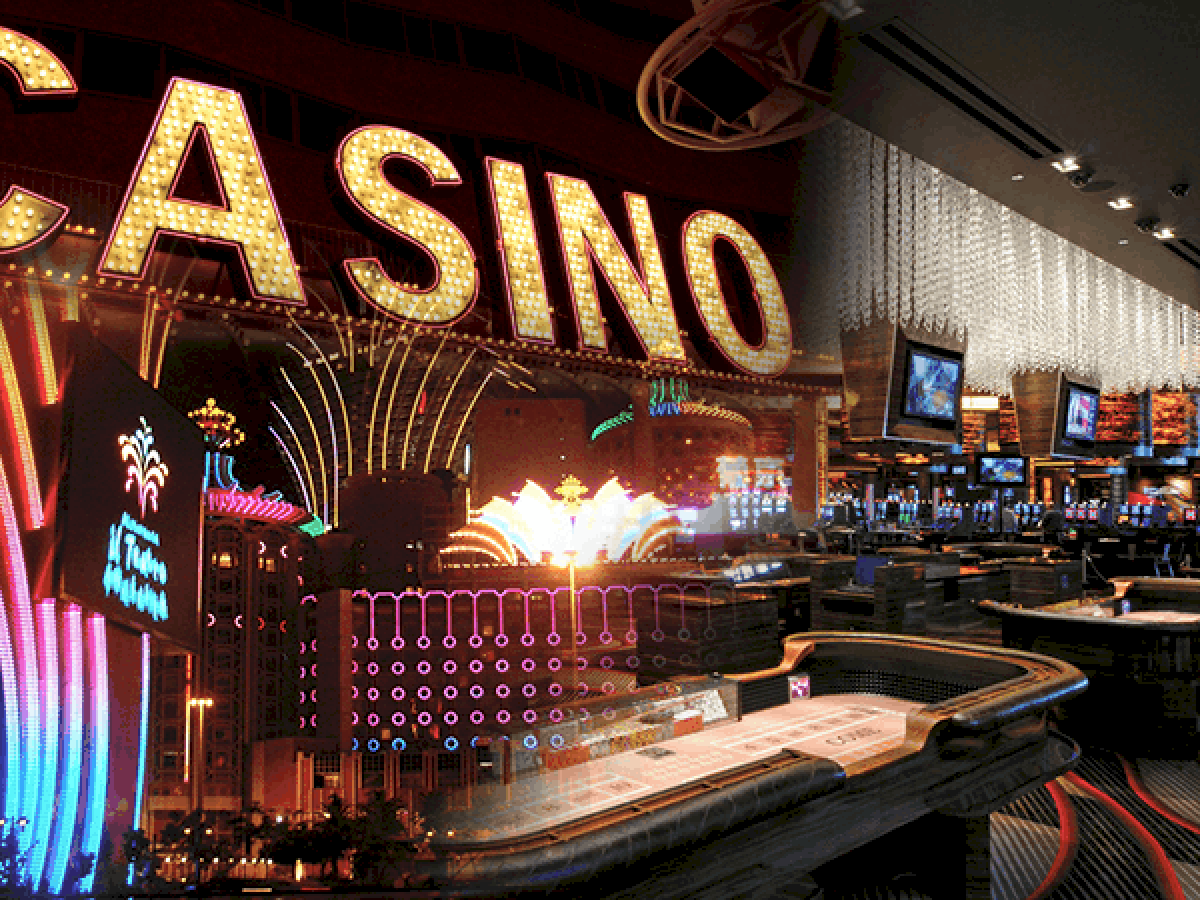A Mystique of Casino Game Beliefs

In the world of gambling, in which chance and strategy meet, a unique tapestry of beliefs unfolds—one that braids luck, fate, and the enigmatic nature of casino games. Casinos, bustling with excitement and anticipation, are not just places for placing bets; they are also arenas in which superstitions thrive. From the novice player to the seasoned gambler, these mysterious practices often shape how individuals approach the games they play, holding the belief that their actions can influence the outcome in ways that go beyond mere probability.
When players gather around roulette wheels, blackjack tables, and slot machines, the atmosphere is thick with stories of lucky charms, rituals, and codified behavior that defy logic yet provide a sense of comfort. It could be the case that it’s wearing a specific outfit, following a particular sequence of bets, or even avoiding certain numbers, the attachment to various superstitions reflects a deep-rooted desire to master the uncontrollable. This article delves into the captivating world of casino game superstitions, examining the beliefs that both entertain and mystify those who dare to play.
Historical Origins of Superstitions
Casino games have long been entwined with an host of superstitions that go back to ancient civilizations. The origins of these notions can be connected to humanity’s fundamental wish to manage the unpredictable outcomes related with fortune and chance. In ancient civilizations, games of chance were often connected to religious practices. Players would seek blessings or request favor from spirits, believing that their actions could change the outcomes in their favor. This foundation laid the basis for the myriad of superstitions that developed as casino games evolved over centuries.
During the medieval period, betting became a common pastime across Europe, and with it, a rich tapestry of superstitions appeared. Participants adopted various rituals and charms, believing they could change the outcome of games. The significance of digits, in particular, began to appear in superstitions pertaining to card games and dice. The number seven was often considered favorable, while other numbers carried negative connotations. These beliefs mirrored the social contexts of the time, evolving as they transferred through generations and transformed to different gaming environments.
As gambling houses appeared in the seventeenth century, particularly in the Italian peninsula and France, the atmosphere surrounding gambling became imbued in mystique. The growing openness of casino activities allowed for the expansion and growth of superstitions among players. Concepts like fortunate charms, specific seating locations, and rituals gained importance, creating a unique culture within betting houses. As these customs continued to thrive, they became essential to the character of gambling games, illustrating how historical developments and culture shape the belief systems that influence how gamblers connect with chance.
Popular Casino Superstitions
Beliefs surrounding gambling activities are abundant and diverse, reflecting the hopes and fears of players as they participate in chance-based activities. One of the most prevalent views is that certain numbers bring luck or bad luck. For example, the digit seven is often seen as a lucky number, frequently sought after by players looking for a favorable outcome. 9bet Conversely, the digit 13 is routinely considered cursed, leading many players to steer clear of it during their gaming periods.
Another common superstition relates to practices that gamblers believe can affect their odds. Whether blowing gently on dice before a roll, using a particular gesture to place a wager, or even putting on specific items of clothing, many people feel that these rituals can tilt fate in their benefit. These rituals offer a sense of control in an otherwise random environment, reinforcing the idea that fortune can be created through individual beliefs and habits.
Lastly, the environment and vibe of the gambling house itself contributes to superstition. Many players suggest that the presence of certain symbols, such as four-leaf clovers or lucky tokens, can enhance their odds of winning. Additionally, gamblers might hold to the belief that winning streaks can be interrupted by mundane events, such as a person passing by or a accident at the table. The shared environment in a casino can amplify these beliefs, creating a shared culture of superstitions that goes beyond individual encounters.
Impact of Superstitions on Players
Superstitions play a significant role in the psychology of gamblers, often influencing their actions and decision-making. Many gamblers believe that luck can be manipulated through different rituals, such as wearing a lucky charm, selecting specific colors, or steering clear of particular digits. This dependence on superstitions can create a sense of authority in an environment that is inherently unpredictable. Players often feel more confident and involved when they believe that their actions could sway the outcome of a game in their advantage.
The impact of these superstitions extends beyond singular players, affecting the overall atmosphere inside the casino. For instance, a player who believes in the luck of a certain slot machine might attract a crowd, as others are intrigued by their apparent success. This shared belief can amplify excitement and create a dynamic environment, leading to an captivating experience even for those who may not necessarily be superstitious. The excitement around certain games can lead to higher participation and longer playing sessions, supporting the casino’s lively social scene.
In some instances, superstitions can lead to harmful effects for players. Depending too heavily on rituals can result in bad gambling decisions, as some may overlook basic strategies in favor of unfounded beliefs. Additionally, the stress to perform rituals may heighten anxiety and tension, detracting from the enjoyment of the experience. Ultimately, while superstitions can enhance the excitement of playing casino games, they can also lead to unwise choices that overshadow the enjoyment and amusement intended in the casino experience.

